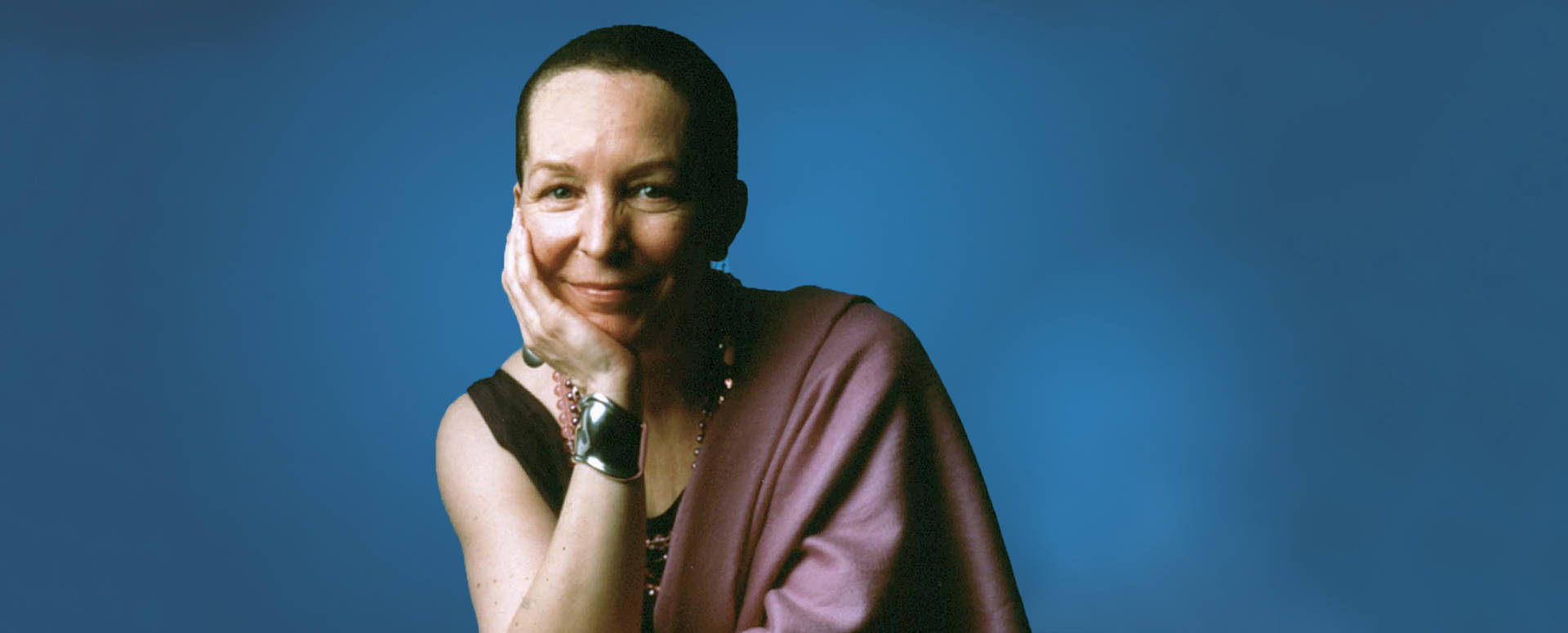
Pearl Cleage
Playwright & Novelist
Pearl Cleage
Playwright & Novelist
Biography
An award-winning playwright, bestselling novelist, published poet and popular newspaper columnist, Pearl Cleage has earned praise from critics and from her peers for her passionate writing across several genres. An incredibly multi-faceted talent, Cleage offers a fresh perspective on the universal themes of cultural enrichment, social identity and the power of love. With the rhythms of Black life as her muse, she focuses on the experiences of love, sex and female empowerment that she sees as vital to the African American community. As the New York Times said: “Cleage writes with amazing grace and killer instinct.”
Cleage has a way with both character and language. Widely regarded for her collection of plays, her play Flyin’ West was the most produced new play in the country in 1994 and has enjoyed multiple productions every year following its world premiere. She is also the author of many best-selling books, including What Looks Like Crazy on an Ordinary Day, Seen It All and Done the Rest and Just Wanna Testify. Most recently, Cleage published her memoir, Things I Should Have Told My Daughter: Lies Lessons and Love Affairs, giving readers an insight into her world and personal journey.
An important advocate for women, Pearl’s work speaks to women from all walks of life. Her poem, “We Speak Your Names,” co-authored with husband, Zaron W. Burnett, Jr., provided the centerpiece of Oprah Winfrey’s Legends Weekend honoring 25 extraordinary African American women. At Cleage’s invitation, this “praise poem” has frequently been adapted for sisterhood celebrations across the country. Cleage’s 1990 collection of essays and performance pieces Mad at Miles: A Black Woman’s Guide to Truth, is a classic among those working to end violence against women. Making the personal unapologetically political by sharing her own experience of domestic violence, Cleage issues a passionate call for community wide, gender integrated responses to a problem too often hidden in the shadows or relegated to simply a “women’s issue.” Mad at Miles has been adapted for the stage and is frequently performed around the country.
With a quiet, straightforward tone, Cleage speaks honesty and with creativity, blending truth and humor to fully charm audiences. Cleage connects with audiences of all kinds, bringing her powerful and inspirational energy to each of her artful presentations. Conveying a deep understanding of the grace and perils of the human condition, she endlessly strives to get to what the real truths are in life and shares how we can all live them to the fullest.
Speech Topics
Everything But the Money: Lessons for Free Women
Cleage examines her own life and determines that she’s done “everything right but the money.” Equal parts affirmation of her own life choices and cautionary tale for independent women, it is a frank and funny examination of the joys and challenges facing American female baby boomers.
We Speak Your Names: A Celebration
An unexpected commissioning from Oprah Winfrey found Cleage writing the poem that defined Winfrey’s 2005 Legends Weekend honoring African American women. She shares the process that produced the piece and her memories of that extraordinary weekend, taking listeners behind the scenes of the poem that became the centerpiece of the event.
Things I Should Have Told My Daughter: The Power of Memoir
A firm believer that “the personal life deeply lived always expands into truths beyond itself,” Cleage’s 2014 memoir, Things I Should Have Told My Daughter: Lies Lessons and Love Affairs, revisits her journals from the 1970’s and 1980’s as a way of passing on the lessons she learned on her journey from naïve wife and young mother to full time professional writer and freewoman. Frank and funny, it’s an invitation to cross generational dialogue.
In Search of August Wilson: American Theatre & the Challenge of Diversity
As a widely produced playwright, Cleage examines the unspoken cultural assumptions that continue to shape the choices made by producers and artistic directors as they go in search of “cultural diversity,” and explains why those choices stifle the growth of the American theatre.
Voting for the Girl: Citizenship as a Women’s Issue
Examining the dangers of voting based solely on race or gender identification, Cleage suggests that for the American democracy to continue to thrive, women must not be confined to a set of issues determined by their biology or excluded from the wider debate that often informs those issues.

)
)
)
)